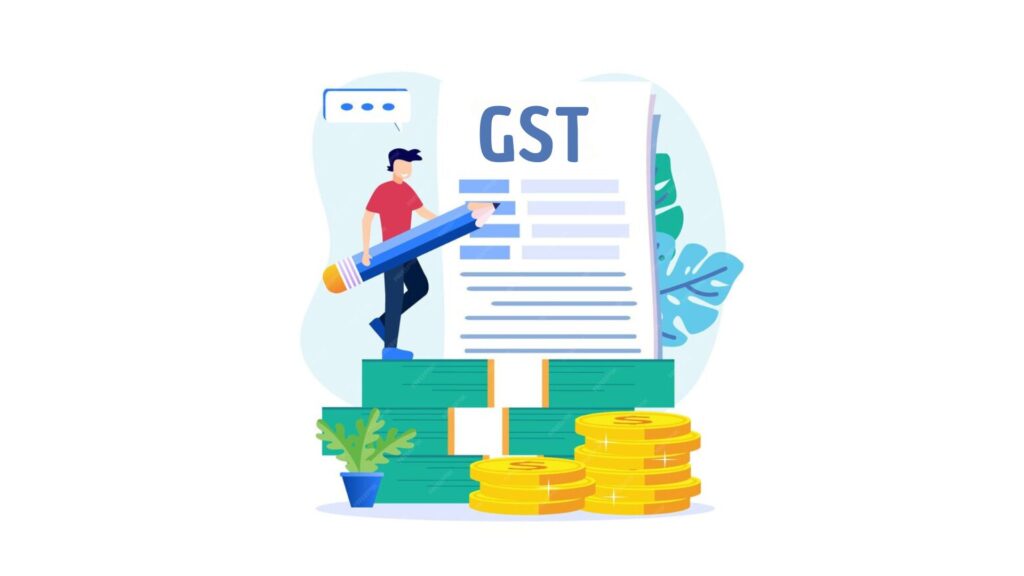
22 May Understanding the Impact of Andhra Pradesh High Court’s Decision on GST Registration Cancellation

Introduction:
In a recent landmark ruling, the Hon’ble Andhra Pradesh High Court addressed a crucial issue concerning the cancellation of GST registration. The case of Raghavaiah Thelapalli v. State of Andhra Pradesh and Ors. [Writ Petition No. 1743 of 2024 dated March 07, 2024] brought to light the significance of providing individuals with proper opportunities to respond to Show Cause Notices (SCNs) before their GST registration is canceled. This article delves into the facts of the case, the central issue at hand, and the court’s decisive ruling.
Facts of the Case:
Raghavaiah Thelapalli, referred to as “the Petitioner,” filed a writ petition challenging the order dated June 16, 2023, issued by the Revenue Department, which canceled the Petitioner’s GST registration. The grounds cited for cancellation included the Petitioner’s alleged failure to file the required returns under Section 29(2) of the Central Goods and Services Tax Act, 2017 (CGST Act). Additionally, a Show Cause Notice (SCN) was issued on May 08, 2023, to which the Petitioner did not respond.
Issuance of Show Cause Notice:
The Revenue Department issued a Show Cause Notice (SCN) to the Petitioner, outlining the reasons for considering the cancellation of their GST registration. However, due to circumstances beyond the Petitioner’s control, a response to the SCN was not submitted within the stipulated time frame.
Grounds for GST Registration Cancellation:
The primary basis for canceling the Petitioner’s GST registration was their alleged failure to fulfill the filing requirements mandated by the CGST Act. This non-compliance prompted the Revenue Department to initiate proceedings to cancel the registration.
Lack of Opportunity to Respond:
Despite receiving the Show Cause Notice (SCN), the Petitioner was unable to file a response within the prescribed period. The absence of a timely reply was attributed to the sudden departure of the individual responsible for handling the GST matters of the Petitioner’s firm. As a result, the Petitioner remained unaware of the SCN until after the issuance of the cancellation order.
Legal Issue Arising:
The central legal issue revolved around whether GST registration could be canceled without affording the registrant a proper opportunity to respond to the SCN. This raised concerns regarding procedural fairness and adherence to the principles of natural justice.
Principle of Natural Justice:
The principle of natural justice requires that individuals be given a fair opportunity to present their case before any adverse action is taken against them. This includes the right to be heard and to respond to allegations made against them.
Decision of the Andhra Pradesh High Court:
Upon careful consideration of the facts and legal arguments presented, the Andhra Pradesh High Court ruled in favor of the Petitioner. The Court noted that the cancellation order was issued mechanically, without due consideration of the circumstances leading to the non-filing of the response to the SCN.
Analysis of the Court’s Decision:
The Court’s decision underscored the importance of upholding procedural fairness in administrative proceedings. It emphasized that individuals should not be deprived of their rights merely due to administrative oversight or procedural lapses.
Significance for GST Registrants:
The ruling serves as a significant precedent for GST registrants, highlighting the importance of procedural compliance and the right to a fair hearing. It reinforces the notion that cancellations should only occur after due process has been followed and adequate opportunities for response have been provided.
Ensuring Compliance with Legal Procedures:
In light of this decision, it becomes imperative for administrative authorities to ensure strict adherence to legal procedures when initiating actions such as GST registration cancellations. This includes providing clear and adequate opportunities for affected parties to respond to allegations.
Importance of Due Process:
The case underscores the fundamental importance of due process in administrative law. It reaffirms that individuals should not be deprived of their rights without being afforded a fair opportunity to present their case and respond to allegations made against them.
Implications for Administrative Authorities:
Administrative authorities tasked with enforcing GST laws must take cognizance of this ruling and ensure that their actions are in line with the principles of natural justice. This entails conducting proceedings in a manner that affords affected parties a fair and meaningful opportunity to be heard.


No Comments